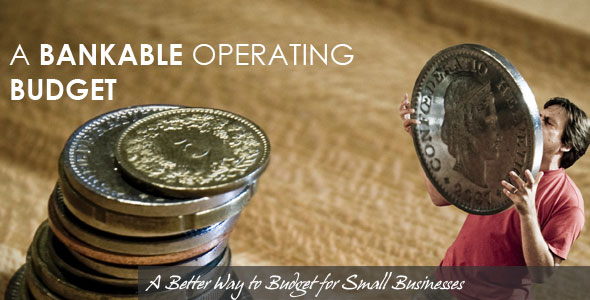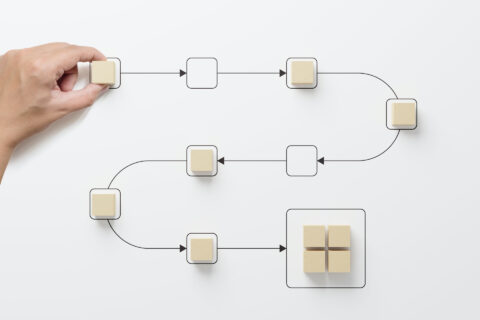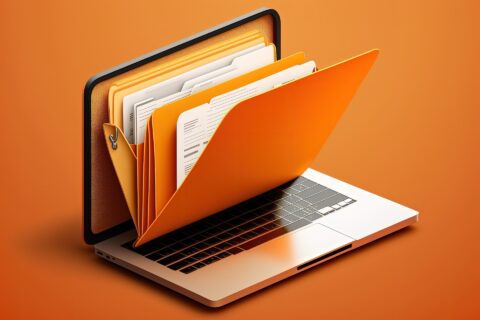Why You Need a Budget:
[check_list]
[/check_list]
Types of budgets for small businesses include:
[check_list]
[/check_list]
This document is critical – as you will use it to make sure you have the money to operate your business. It helps every startup determine the amount of resources needed to get product out the door or service to clients.
Five parts of an operating budget:
[check_list]
[/check_list]
I am going to focus on a 12-month budget. It’s comprised of the following components:
Sales budget
This is a projection of what you can sell. Ideally, it is the budget upon which all other planning is based. Test marketing, research, case studies or polls from other businesses can help you determine your projections. Study the demand for your product and the market served. The accuracy of these figures will make or break you. If you overestimate you’re stuck with excess inventory which is costly. If you underestimate you slow down operations & affect client service.
Production budget
The production budget helps you asses the cost of making the product or providing a service (e.g. cost of raw materials, tools, labor, and overhead). Overhead is comprised of “expenses + costs not directly associated with production or sale of goods & services. (e.g. office, rent, utilities, insurance, advertising, accounting and legal expenses). Try to be as accurate as possible or you can lose money.
Operating Expense Budget
An operating expenses budget is really a part of the production budget. It covers regular business expenses. Usually the operating expenses budget is divided into the various areas of doing business, such as advertising, human resources, research, and admin.
Income Statement (Budgeted)
The income statement is where the preceding budgets are assembled so you can compare expenses and income. The idea is not to spend more than you make. It should cover a specific period – daily, monthly and quarterly are my preferences. It’s an excellent planning tool.
Cash Budget
Pretty simple — the difference between your receipts (money coming in via sales) and your expenses is “cash.” It’s the difference between breaking even and making a profit.
When I first started my company I created one from scratch – these days I leave it to the pros. I am particularly fond of iCashbook – it’s simple and fully automated with a clean user interface & flexible pricing; New Zealand based app but great tool to illustrate budget needs for various industries (Try the Free Plan). Take a peek at additional templates/software below:
Excel Budget Template
iCashbookOnline Software
Microsoft Office Accounting Express (Free)
This article is not meant as financial advice. Consult a professional. Consider consulting a trusted CPA, financial advisor or banker to help you create your budget. Photo Credits.
© YFS Magazine. All Rights Reserved. Copying prohibited. All material is protected by U.S. and international copyright laws. Unauthorized reproduction or distribution of this material is prohibited. Sharing of this material under Attribution-NonCommercial-NoDerivatives 4.0 International terms, listed here, is permitted.






